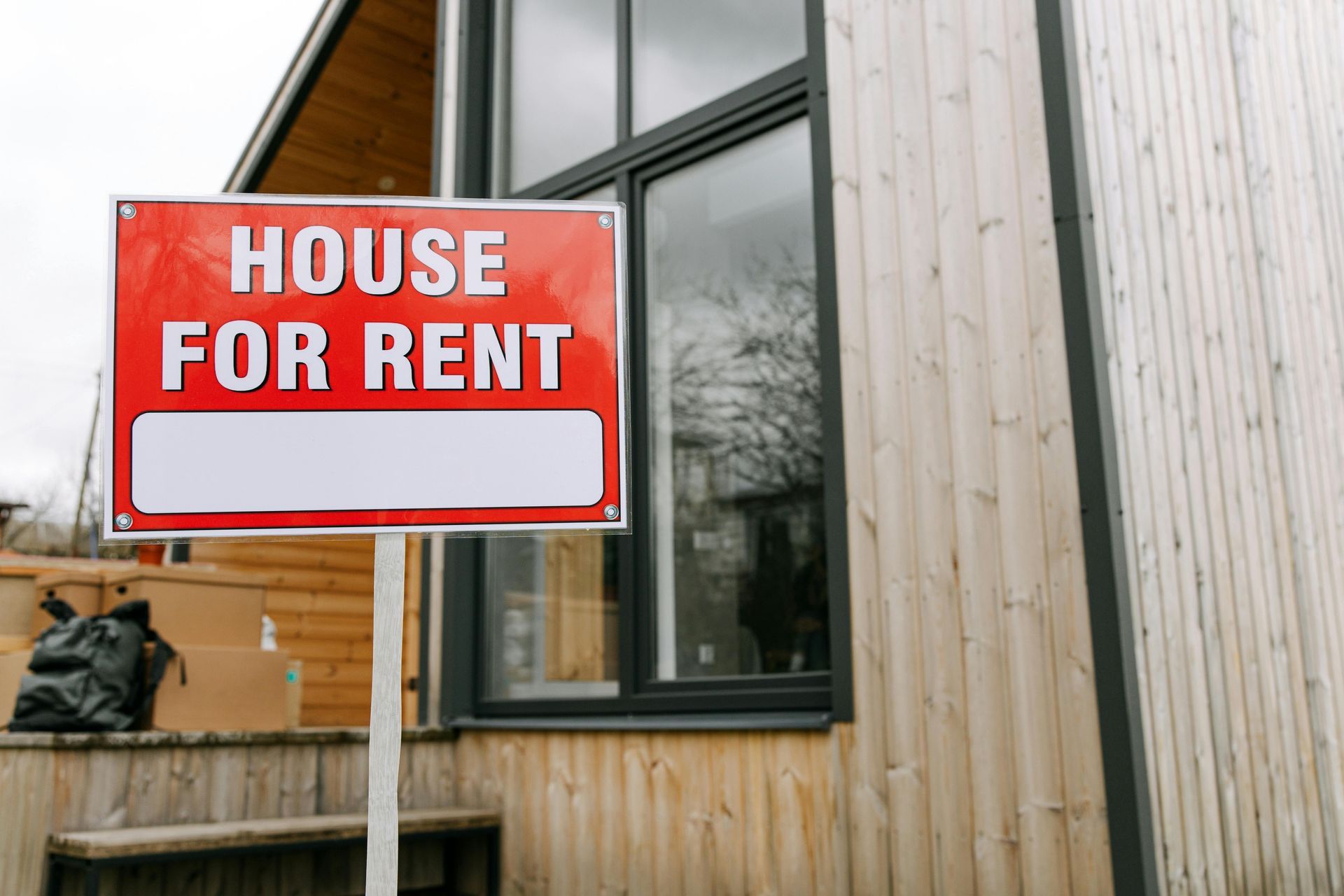What are the Hidden Responsibilities of Rental Contracts?

Understanding Rental Contract Liability
The question presented is: if I rent a home and someone visiting the home gets hurt and files a claim against the homeowner, can the homeowner sue me for breach of contract?
The answer (as always) depends on the contract. The rental or lease agreement is a contract, and the contract is where the rights and responsibilities of each party to the contract are established. The contract normally defines who bears the risk of any injury to a visitor to the property.
Insurance Requirements in Rental Agreements
Sometimes rental contracts, particularly long-term rental agreements, require a tenant to have their own insurance coverage for the rental unit, including coverage for possessions and sometimes personal injuries for visitors. The rental contract may also require the renter to have a minimum amount of renter's insurance. Failing to purchase the amount of insurance required by the contract could be considered a breach of contract.
Common Restrictions in Rental Contracts
Some rental agreements prohibit subletting, and the operation of a business in the home. Some agreements place limits on the number of visitors or how long a visitor stays. Some agreements have restrictions on the type of activities that can occur in the rental unit. Where there is some type of damage to the property, the agreement usually has a clause that determines whether the homeowner is required to repair the damage or is allowed to terminate the agreement.
Short-Term Rentals vs. Long-Term Leases
Short term rental contracts like AIRBNB or VRBO typically do not require or include insurance protection for the renter, and do not make the renter liable for injuries to visitors. They may include a provision that allows the homeowner allows the homeowner to sue the renter for damage to the property, however.
Notice Requirements and Breach Procedures
When the owner of the home claims the renter breached the contract, the contract may also require the owner to give the renter notice of the alleged breach and an opportunity to fix the breach before filing a lawsuit. If there is a notice requirement, and the homeowner does not follow that procedure, the homeowner is actually in breach of the contract.
Analyzing the Facts and Circumstances
The facts of what actually happened and the circumstances of how the injured person happened to be present in the home have to be analyzed in the light of what the contract says. The scenario where a visitor is spending the night and then has someone else spend the night with her while the renter is away can raise questions about who is in control of the premises, and what type of activity was occurring when the injury happened. If the homeowner claims that the visitor was injured while engaging in some type of activity that was prohibited by the contract, the homeowner may have grounds to sue the renter for breach of contract.
The Covenant of Good Faith and Fair Dealing
Ultimately, every contract or agreement has an expectation that each party will act in good faith and reasonably toward the other party. It is called "the covenant of good faith and fair dealing" and a breach of the covenant of good faith and fair dealing is a form of breach of contract.







